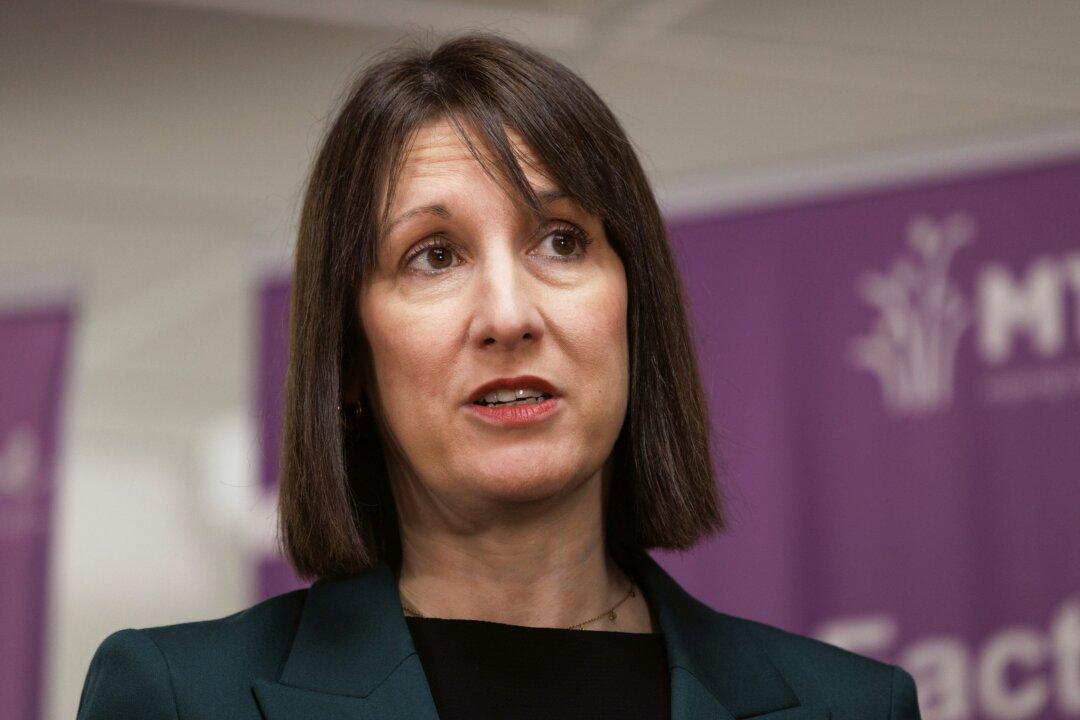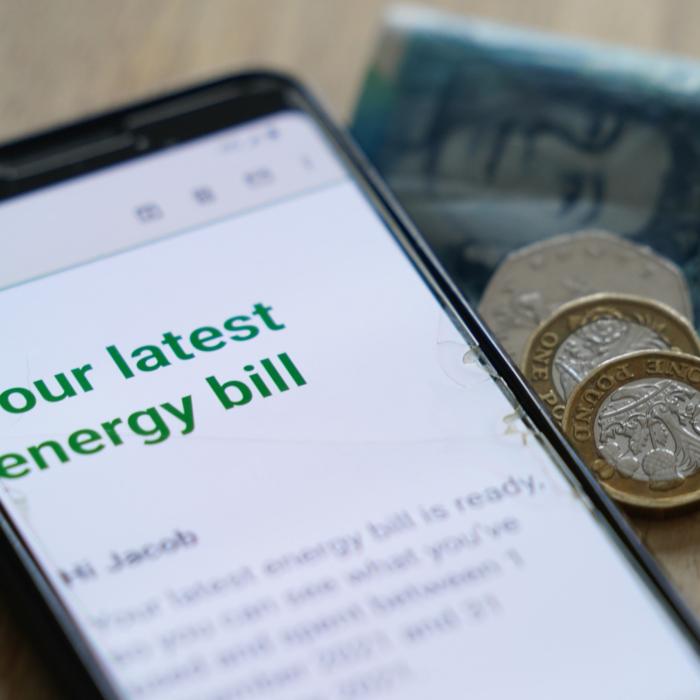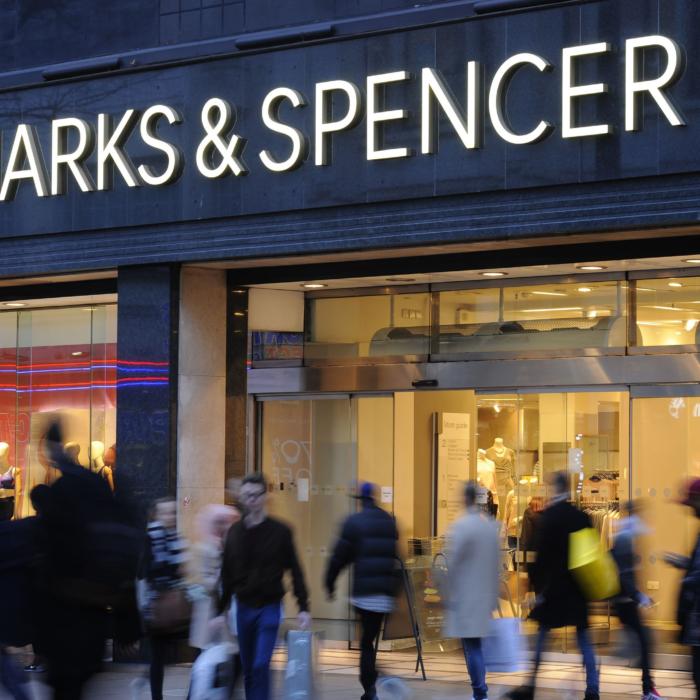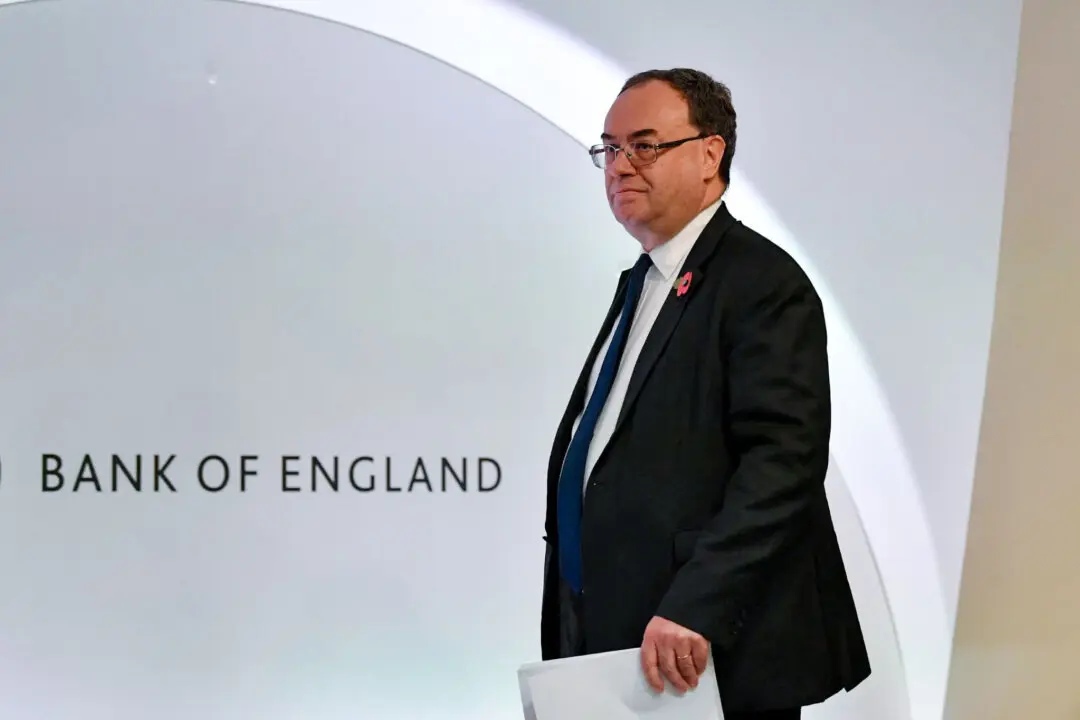UK inflation has risen to its highest rate since March and is the second rise in a two-month period, driven by an increase in fuel prices.
November recorded a rise by 2.6 percent in Consumer Prices Index (CPI), from 2.3 percent in October. The current rate is above the Bank of England’s (BoE’s) target of 2 percent and a rise from 1.7 percent in September.
The increase comes ahead of the interest rate decision by the BoE on Thursday.
The change in the annual rate was driven by higher prices for motor fuels and second-hand cars and partially offset by a downward effect from air fares.
Average petrol prices rose by 0.8 pence between October and November to 134.8 pence per litre, while diesel rose by 1.4 pence to stand at 140.5 pence per litre.
Second-hand car prices dropped 0.2 percent between October and November 2024, a smaller decline than the 2.1 percent fall a year earlier.
Air fares dropped 19.3 percent, compared to a 13.9 percent fall a year earlier, marking the largest November decline since records began in 2001. This sharp drop followed unusually high October fares and was mainly driven by lower prices on European routes.
Responding to Wednesday’s figures, Chancellor Rachel Reeves said that families across the country are “still struggling with the cost of living,” vowing to fight to “put more money in the pockets of working people.”
Budget Effect
The government announced a round of measures in the Autumn Budget that will see employment costs rise next year. Higher costs via employer National Insurance Contributions and National Living Wage hikes will come into force from April.This comes as the rate of CPI inflation for food and non-alcoholic drinks and alcohol went up over the year to November, compared with the year to October.
Similarly, inflation rates in tobacco, clothing and footwear, recreation, and culture have all edged higher.
Interest Rates
Rising CPI could mean that the BoE’s policymakers opt to keep rates on hold at 4.75 percent at the next meeting of the bank’s Monetary Policy Committee meeting on Thursday.The BoE is cautious about slashing interest rates “too fast or by too much.” It has long stressed that it will keep monetary policy restrictive for as long as it takes to achieve a sustainable inflation rate.
Forecasts
When compared to the European Union average, the UK inflation rate was above the first estimates of inflation for France (1.7 percent) and Germany (2.4 percent). It was also above the United States’ figure of 2.3 percent.Commenting on the figures, Reeves told broadcasters on Wednesday that UK inflation is “broadly in line with our international peers.”
Shadow chancellor Mel Stride said: “The chancellor has made a series of irresponsible and inflationary decisions which, as the independent Office for Budget Responsibility said, will leave inflation higher than it was forecasted in March.
“These figures mean higher costs in the shops, less money in working people’s pockets, and risks keeping mortgage rates higher for longer. Working people cannot afford Labour.”







